Western Sahara desert wildlife tour
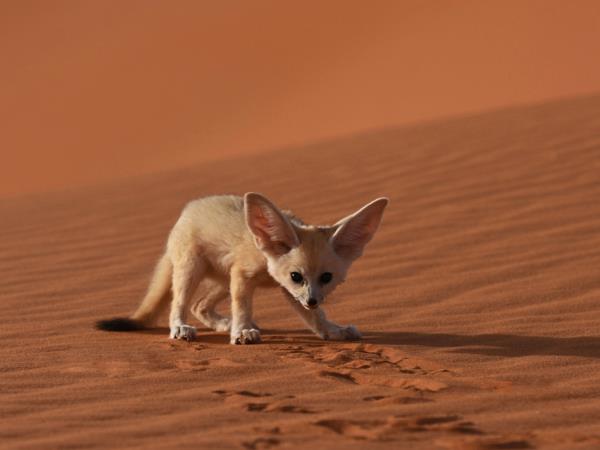
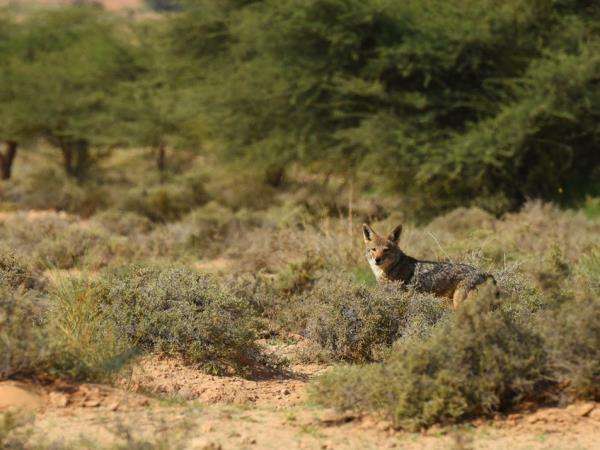
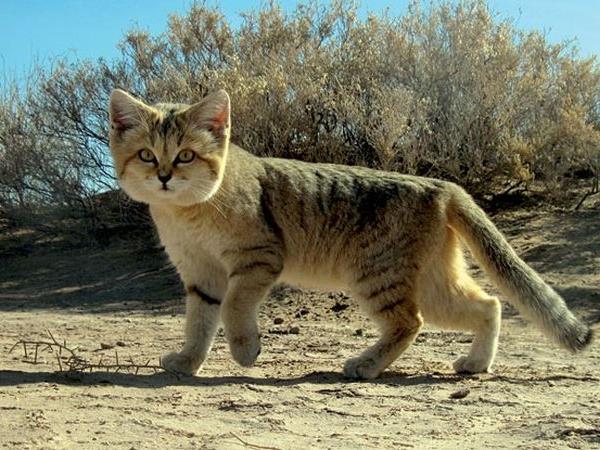
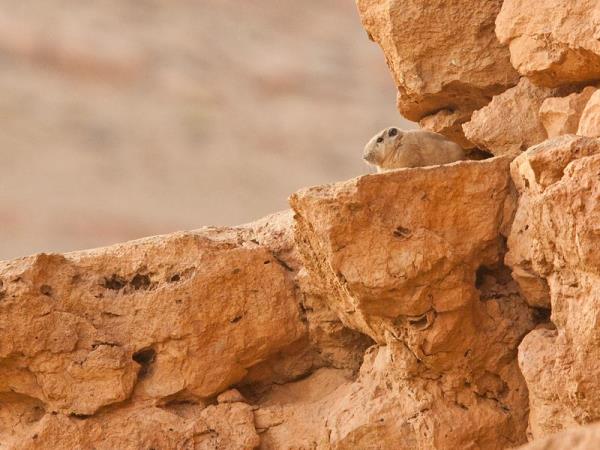
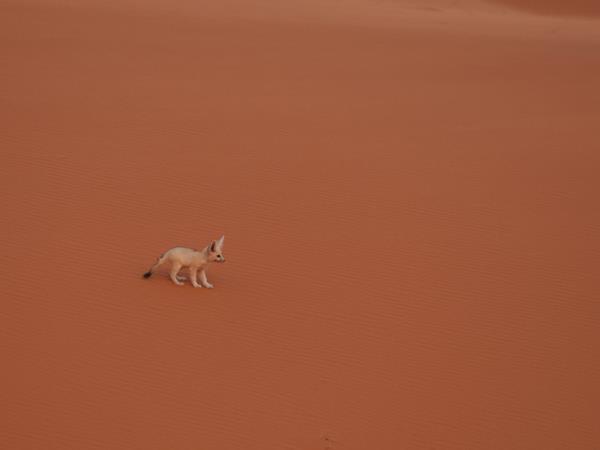
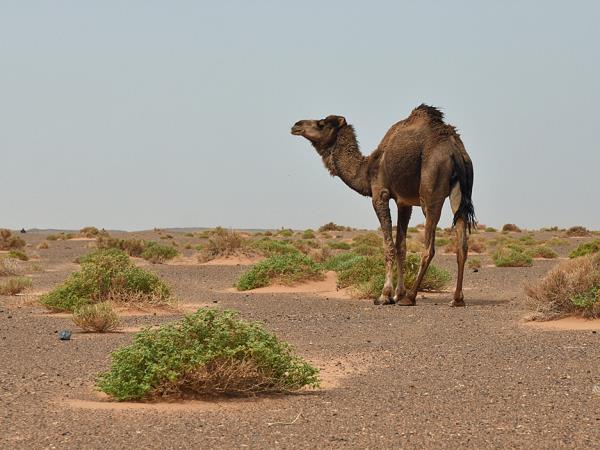
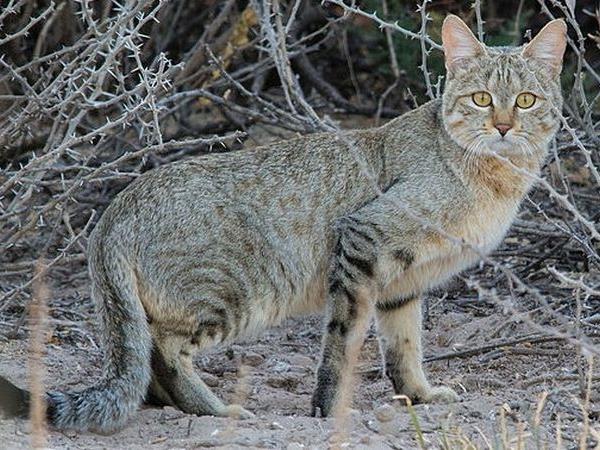
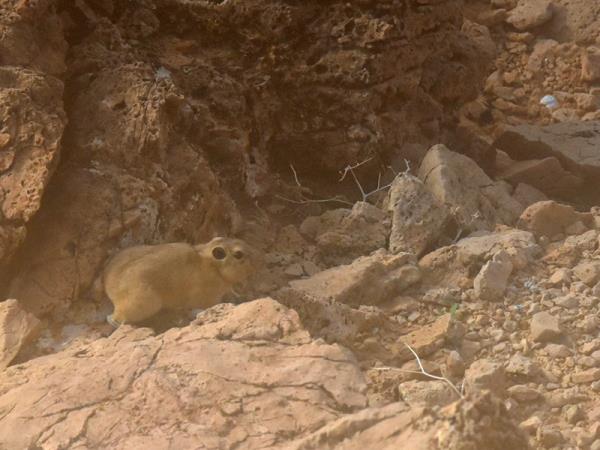
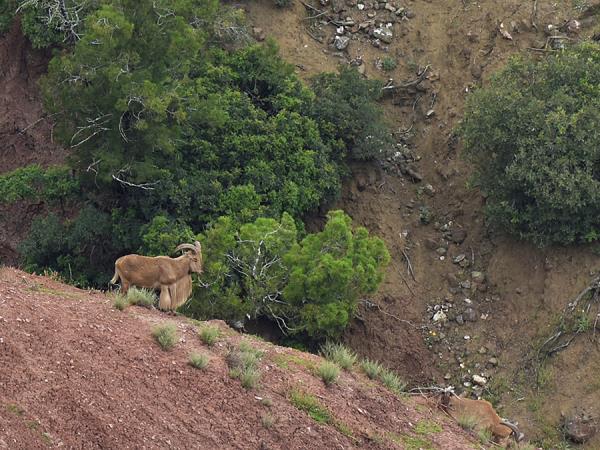
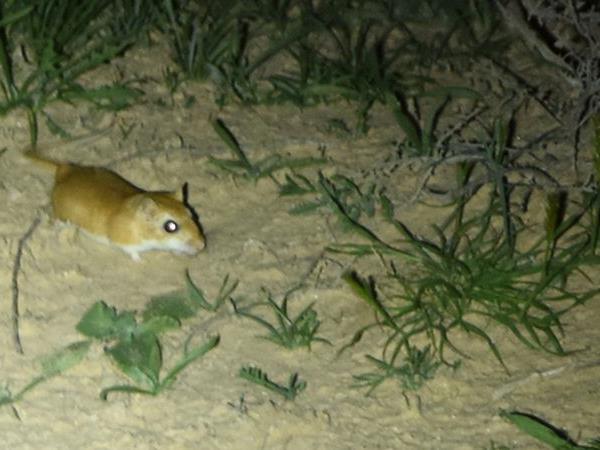
Price
£1995 excluding flights
Duration
8 Days
Countries
Morocco, Western Sahara
Type
Tailor made
More info
inc.
a zoologist or local naturalist guide, all meals, transfers & wildlife activities as mentioned; exc.
international flights.
Price depends on party size (private solo trips OK).
Contact us to quote specific to your party size and requirements.
a zoologist or local naturalist guide, all meals, transfers & wildlife activities as mentioned; exc.
international flights.
Price depends on party size (private solo trips OK).
Contact us to quote specific to your party size and requirements.
Description of Western Sahara desert wildlife tour
Price information
Departure information
This trip can be tailor made throughout the year to suit your requirements
Travel guides
We’re all just big kids when it comes to deserts. They’re sand pits for our imaginations, so incomprehensibly vast and empty, that we fill in the blan...
Wilderness areas are virtually unmodified from their natural state by human interference. They’re where wildlife – including large predators – roams f...
Vacation information
Dietary requirements:
We can cater for vegetarian and vegan diets.
Responsible Travel
As the pioneers of responsible tourism, we've screened this (and every) vacation so that you can travel knowing it will help support the places and people that you visit, and the planet. Read how below.
Planet
In Morocco and the Western Sahara we (as with everywhere we go) carefully choose accommodation, supplies and transportation that either minimize their effect on the environment or helps to contribute to its sustainable development. By choosing small, privately owned accommodation where possible we also look to only stay in truly eco-lodges that abide by basic and also pioneering methods of ecological sustainability. Where possible, we make sure that the lodges, camps and ranches that we use support local projects for the protection of the wildlife and local communities which rely on tourism as the principal source of income.On this trip we camp for the majority of the trip, during camping we bring back everything with us (so as not to disturb the desert after leaving). We do not bring bottled water in, instead we boil water from the forest and therefore minimise our plastic usage on this trip.
All of the campsites we use in the desert are maintained by conservancies and local people and much of their revenue is given over to conservation. We try and make sure that all the accommodation that we use ecologically responsible and uses solar power electricity and water recycling pumps etc as well as making sure that all the food consumed is produced locally and all packaging and other waste is taken back to the city of Dakhla with us. We also contribute and participate in as many studies that the local researchers are conducting as possible.
Wildlife Promise:
By bringing people here with a professional zoologist (where available) as well as professional local guides we aim to showcase the environment in full but also to allow you to learn about the problems facing the ecosystems here and highlight the ways that continued development and human exploitation are affect the species and how cutting edge research is countering the problems as well as showing you examples of success stories. We also keep a record of all the great sightings we see on each tour and record the environmental factors, this data is used by ourselves but also given to the researchers who are working on many of these species. All the information collected in invaluable as the knowledge of some of the animals that live here are little understood. We also donate our pictures to the researchers to aid in their photo identification studies.
Throughout this trip we use as many locally produced and sourced foods as possible, by doing so we minimize waste as most of these locally produced products have less packaging that mass produced products. All waste we do create during the safari is taken back with us to the city so they can be recycled effectively. In fact nearly everything we consume along the way is locally produced in the villages that we pass through or are based on the periphery of the reserves we are visiting. Leaving next to no waste from packaging.
For water conservation we reduce the washing of bedding and towels by encouraging our clients to use the same towel for the duration of their trip, so to reduce water usage in cleaning them regularly. As we are camping we bring much of our water with us and this is all done in reusable containers that are used for many trips and not just the one trip. This also reduces the water impact of the desert habitats we visit.
As we is often the case in the campsites we are well off the power grid and so solar power is crucial for our trips. All of the campsites use solar power as their primary source of energy and water heating. Where generators are used the amount of time they are used per day is reduced to a minimum.
We only use one vehicle on this trip, we minimize the amount of driving on the trip, most of the movement on the trip is walking.
People
As with any of our tours of Africa or elsewhere in the world we always employ local guides and drivers. They have a much better local knowledge and also help to bring in revenue sources to the local community. All of the camps and lodges that we stay in make sure that all our resources such as food, drink and equipment is locally sourced.We also try and make sure that all the local guides that we hire and who work for the lodges, camps and guesthouses that we visit are from the local area. Morocco and the Western Sahara have disputes over land ownership and autonomy and whilst this doesn't affect our trip, it has halted genuine conservation efforts in the region. As a result we believe it is imperative to employ local guides and provide financial reward for having the wildlife healthy and abundant in the area. We are actively encouraging a future generation to follow this career. We also do our best to get involved with local community based projects and schools in particular, in the past our local guides have worked in Morocco with bird conservation projects such as with the southern bald ibis and we hope to establish mammal focused projects too. We also encourage the purchasing of local handicrafts which are all created in a sustainable way and provide great unique souvenirs.
In Morocco and the Western Sahara the local community benefits as we use local guides and drivers from local villages which helps the local community generate extra revenue. We also encourage the purchasing of local handicrafts which are all created in a sustainable way and provide great unique souvenirs.
Throughout the safari we have opportunities to purchase local crafts as well as seeing how they are produced. We will be traveling through communities that produce local crafts and products for their traditional uses as well as tourism.
When traveling we give all of our clients the opportunity to contribute and participate in local traditions and activities. We are at the mercy of local people and the local communities when off the beaten track in Morocco and Western Sahara. So it is crucial we make sure that we have a great relationships between our clients, guides, suppliers and the local communities. By bringing supplies (such as medication, school supplies and solar chargers) from the towns to these rural communities we help to secure a strong relationship through eco tourism.
Popular similar vacations
Western Sahara wildlife tour
From £2095 8 days excluding flights
Look for rare mammals in the Sahara
Western Sahara wildlife vacation
From £2275 9 days excluding flights
Africa's rare desert mammals on a budget
Western Sahara overland tour, Marrakech to Bissau
From £8599 - £9299 4 weeks excluding flights
Travel from North Africa through the Sahara to the tropics










